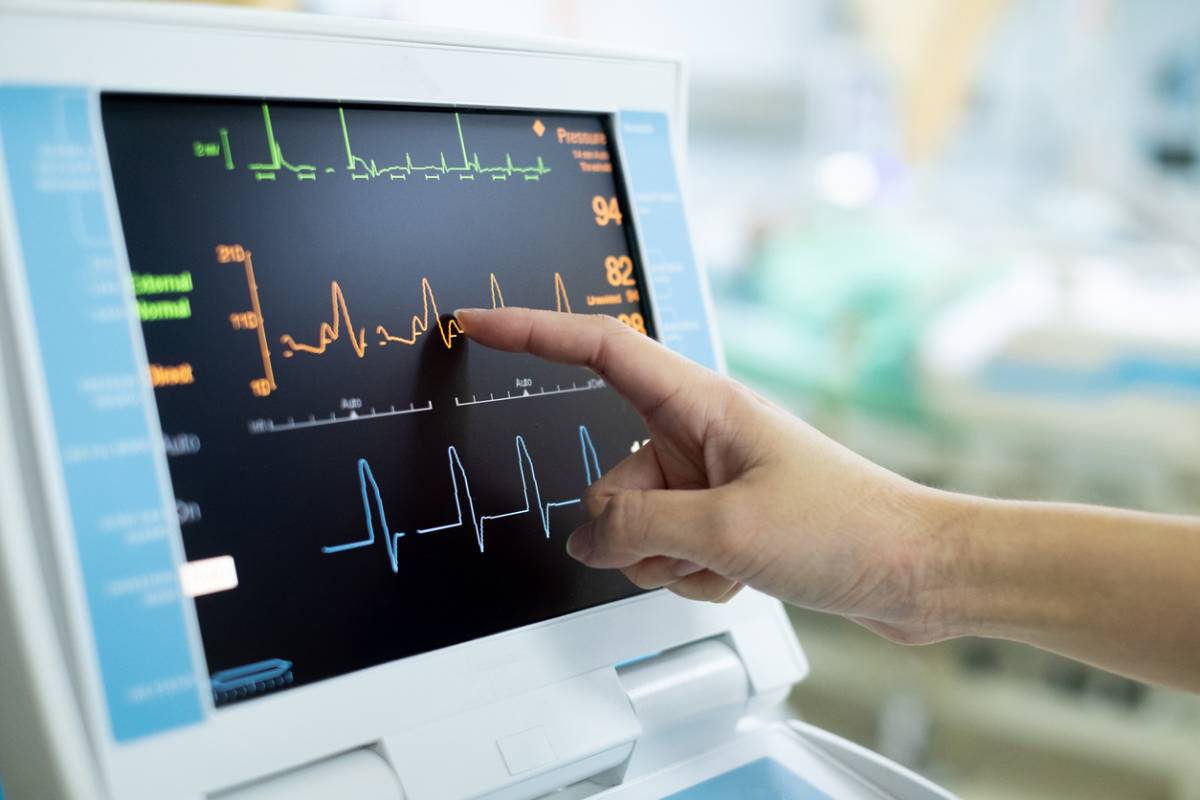What to Expect at My First Cardiology Appointment
Cardiologists specialize in diagnosing and treating conditions that affect your heart. Your primary care provider may recommend a visit to the cardiologist. Heading to your first appointment can be nerve-wracking. However, going to an appointment is necessary for your health. Feeling good about your appointment can ease your fears and reduce your anxiety. You may wonder what to expect at my first cardiology appointment. Below, you will find helpful information to guide you through the process.
What to Expect at My First Cardiology Appointment
Cardiologists are trained to understand issues with your heart. They use advanced tests to diagnose and treat the heart. Echocardiography is a common method to get a good picture of your heart. From there, cardiologists can work on effective treatment plans to ensure you stay in good health. Before you head to your first appointment with a cardiologist, consider the following information to get prepared.
Before Your Appointment
Before your first appointment, prepare any information the cardiologist’s office requests. This may be medical records, family history, and your current medications. Gather as much information as possible to help your cardiologist better understand your current health. This can help them narrow down the possibilities when it comes to your current symptoms.
Note down your current symptoms and the frequency and severity of them. You may feel nervous or easily forget things when you are at the appointment. In addition to your current symptoms, write down any questions that you have. This is helpful so you get a better understanding of your current health.
The Day of Your Appointment
Wear comfortable clothing and arrive early. You may need to dress down for a physical examination. If you are concerned about this, be sure to ask in advance. In many cases, you will need to have a physical examination of your chest.
Arrive at least 15 minutes early to your appointment. This can help reduce your anxiety and ensure you do not feel rushed. You will likely have to fill out paperwork, so fifteen minutes is a great cushion for that. If possible, fill out any paperwork early to streamline the process. Be sure to pack the documents you gathered, your identification, and insurance information.
At the Cardiology Appointment
In the majority of cases, you will be met with a nurse. They will likely measure your height and weight, take your vital signs, and ask about why you are at the appointment. This is all preparation for the cardiologist so they have a good idea of what is going on in advance.
The cardiologist will then meet with you to discuss your symptoms and answer any of your questions. They will discuss the next steps with you to be sure you are on board. Once you both have agreed, they will create a personalized treatment plan based on your unique needs. This will likely include a physical examination at the appointment. From there, they will likely order diagnostic testing for a later date. However, some offices may have you do them at the same appointment.
Diagnostic Testing and Your Results
One of the most common diagnostic tests cardiologists order is an echocardiogram. This test allows them to get more information about what is going on with your heart. This is a non-invasive and painless exam. It lasts no more than one hour and is essentially an ultrasound of your heart. Additional testing may include an electrocardiogram (“ECG”), stress test, or blood test.
Once your results are in, the cardiologist will go over them with you. From there, a treatment plan is created to address your health needs. This may include medication, lifestyle changes, or both. Follow-up appointments may be necessary to ensure your treatment is working.
Apex Cardiology
If you need to see a cardiologist, schedule an appointment at Apex Cardiology today!
